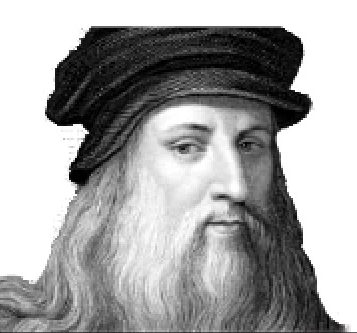
More than two thousand years ago, Plato stated, “A hero is born among a hundred, a wise man is found among a thousand, but an accomplished one might not be found even among a hundred thousand men.” In that quote, Plato is expressing his observation that “wise men” or geniuses exist, but only a fraction of them become high achievers. Why?
What Plato observed is the fact that intellectual talent only manifests as “genius” when it is transformed by hard work and dedication into achievement. In my study of more than 360 of the world’s highest achievers, I have not found one high achiever who lacked a work ethic. At each level of IQ there is a fierce competition for supremacy and the only blueprint for supremacy is to outwork the other competitors.
Michael Jordan recognized that other athletes had physical advantages, but he knew he could outwork them and transcend his own limitations to become, arguably, the best basketball player of all time. When people asked Archimedes how he was able to solve problems that eluded everyone else, he explained that he thought about the problems incessantly, until the solutions appeared spontaneously.
A person’s “genius” is only recognized through their achievements. It is difficult for someone of very high IQ to be recognized as a genius if they have achieved little. People may regard them as a high intellect squandered. Geniuses like Leonardo da Vinci have earned their designation through the products of their work. As my Latin teacher used to say, “If you have a high intellect and a strong work ethic, you have an unbeatable combination.”
